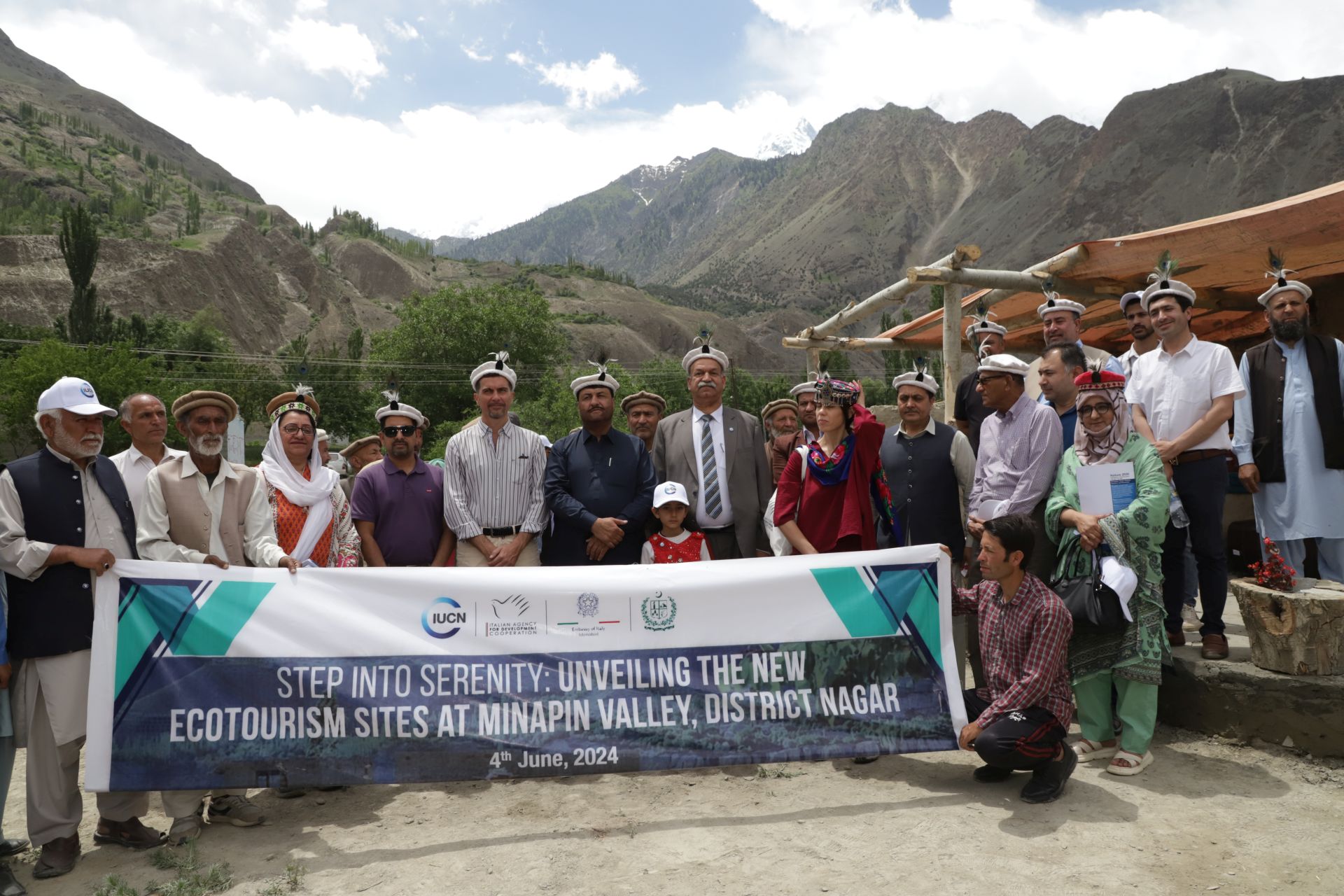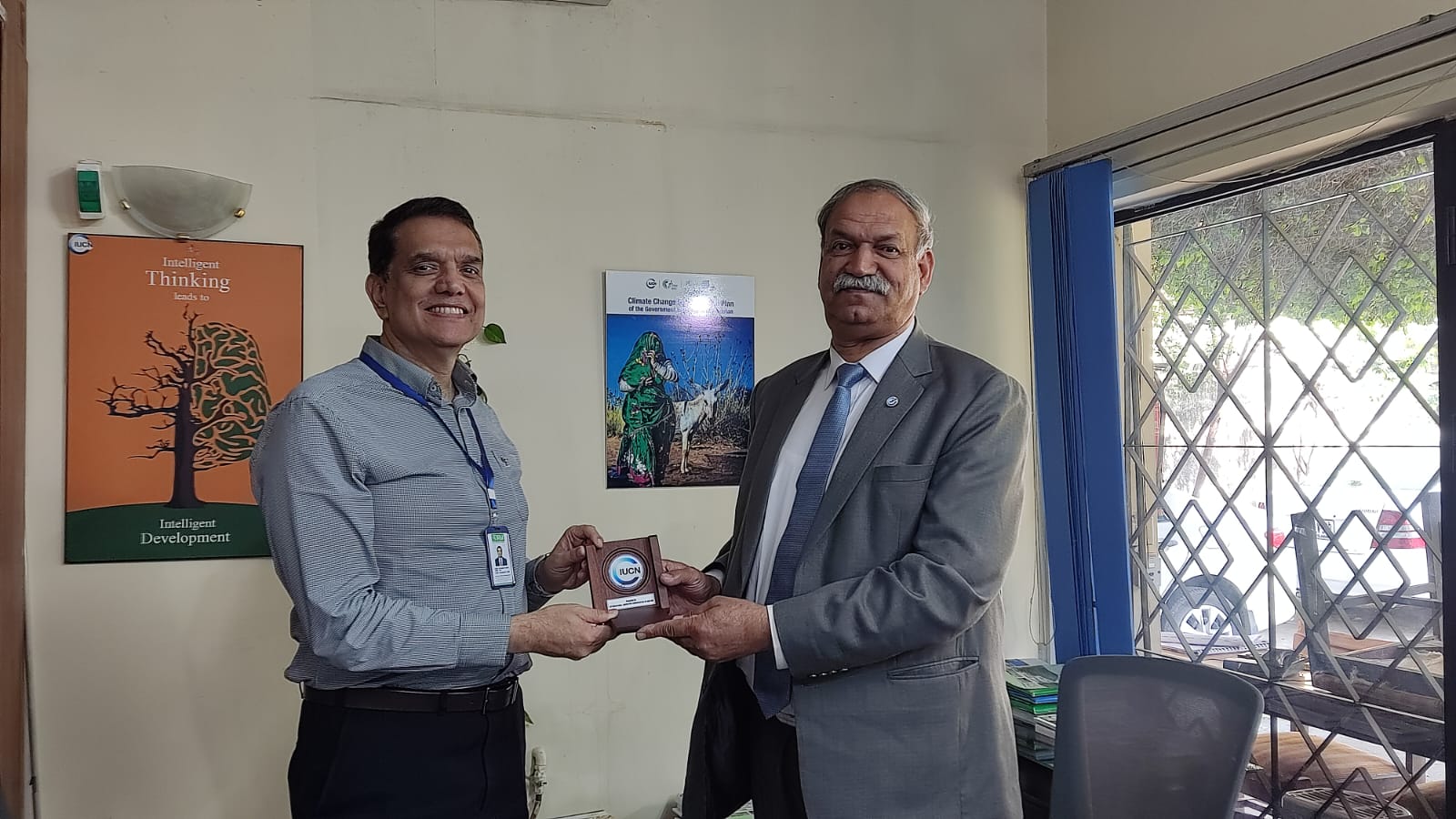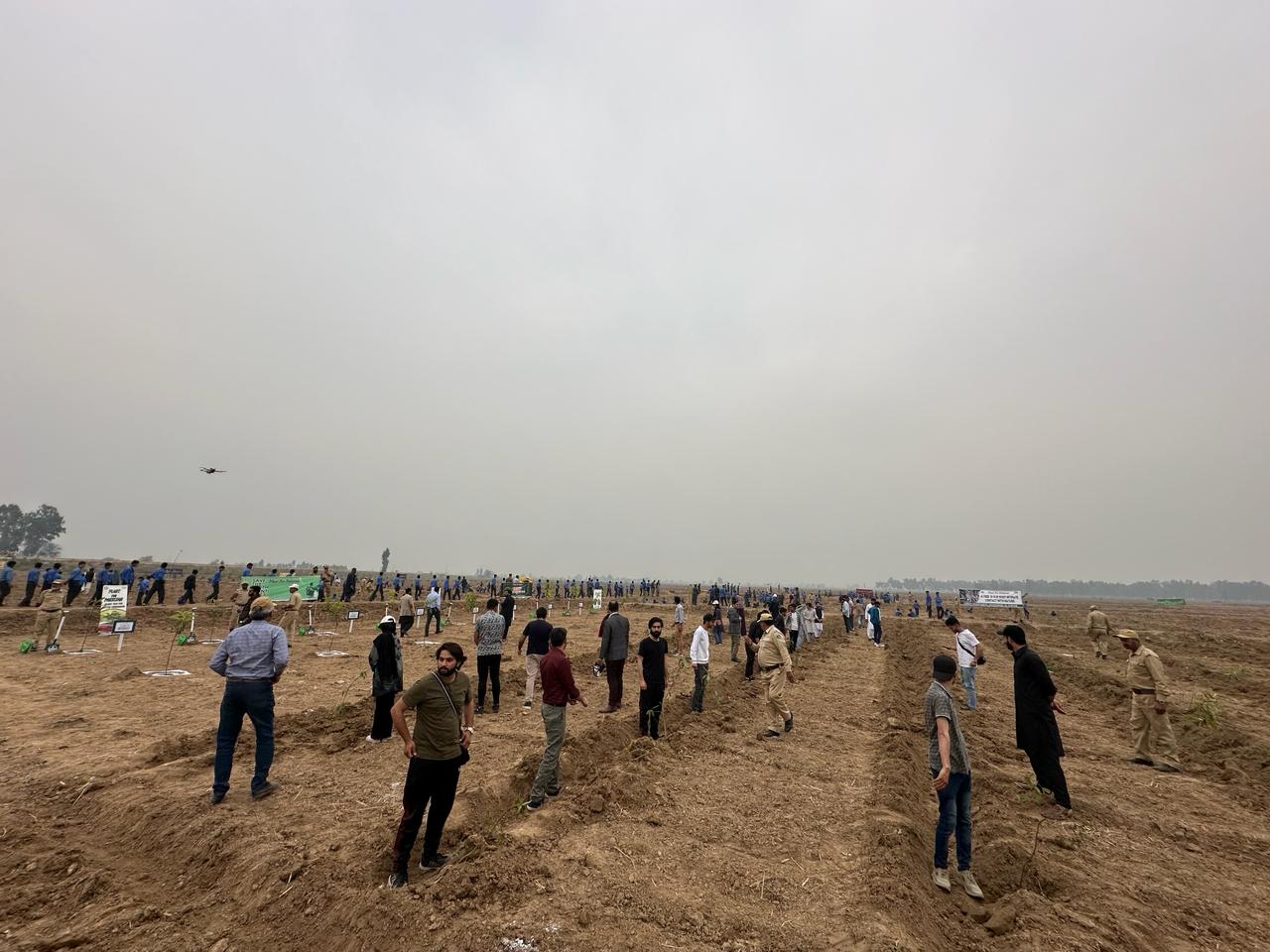Experts termed future generations at stake - Watershed Management Techniques are essential for the people of Balochistan
A five day training on “Watershed Management Techniques” was conducted by IUCN Pakistan for the Forest and Wildlife Department, Government of Balochistan to help them broaden the understanding of the background, approaches, and techniques of Watershed Management.
The main objective of the training was to raise the awareness and increase common understanding of principles of watershed management among government experts that would enable addressing of common problems and finding nature-based solutions to avoid climate anomalies and raising the awareness on the importance of active participation in planning and joint decision-making for the implementation of adaptation measures. The purpose of the training is to sensitize the clientage about the concept, approach, need and techniques and the proper use of these mentioned techniques in Balochistan for assurance of sustainable water utilization.
The training was conducted by professional experts who have previously worked with Multilateral environmental organization and have local knowledge of Balochistan. The training was attended by government officials from Baluchistan where they were trained with the help of presentations, group discussions, role play, Field visit, Stimulation games/ice breaking/energizers, Reviews and Question & Answer Sessions.
In the course of five days of the training, each group of participants gained theoretical knowledge about basic elements and presentation on linkages of watershed management with poverty reduction and livelihood enhancement. Scope and potential of Watershed Management in Balochistan and developing Its linkages with developments were highlighted in details through interactive approach of the training.
The participants also made assessment of the conformity of their own competences, skills and knowledge required for the effective management of water resources.
Participants also visited Pakistan Council for Research on Water Resources (PCRWR) and had a session with Chairman Mr. Mohammad Ashraf followed by field visit to PCRWR model farm site and discussed on the current developments of irrigation channels, water conserving, and watershed management techniques. The participants were also debriefed by PCRWR team on current organizational modalities of water management at the national and local levels.
In conclusion, the workshop participants noted that in the context of climate change and expected water availability in rivers, the main goal will be to actively engage all members of the group to ensure fair, reliable, flexible and transparent mechanism to implement watershed management techniques to 1) To highlight and disseminate the techniques of Watershed Management 2) To highlight the importance and basis of Watershed techniques in IWRM 3) To broaden the vision of the participants about different techniques of watershed management and their applicability as per location and need. To achieve this objective, the participants did put their efforts to develop innovative watershed techniques based on nature based solutions and methods, as well as advance social mobilization to address common problems through applying democratic principles of watershed management at the local level.
The training session was concluded with a graceful certificate distribution ceremony which was followed by a group photograph and refreshments.



